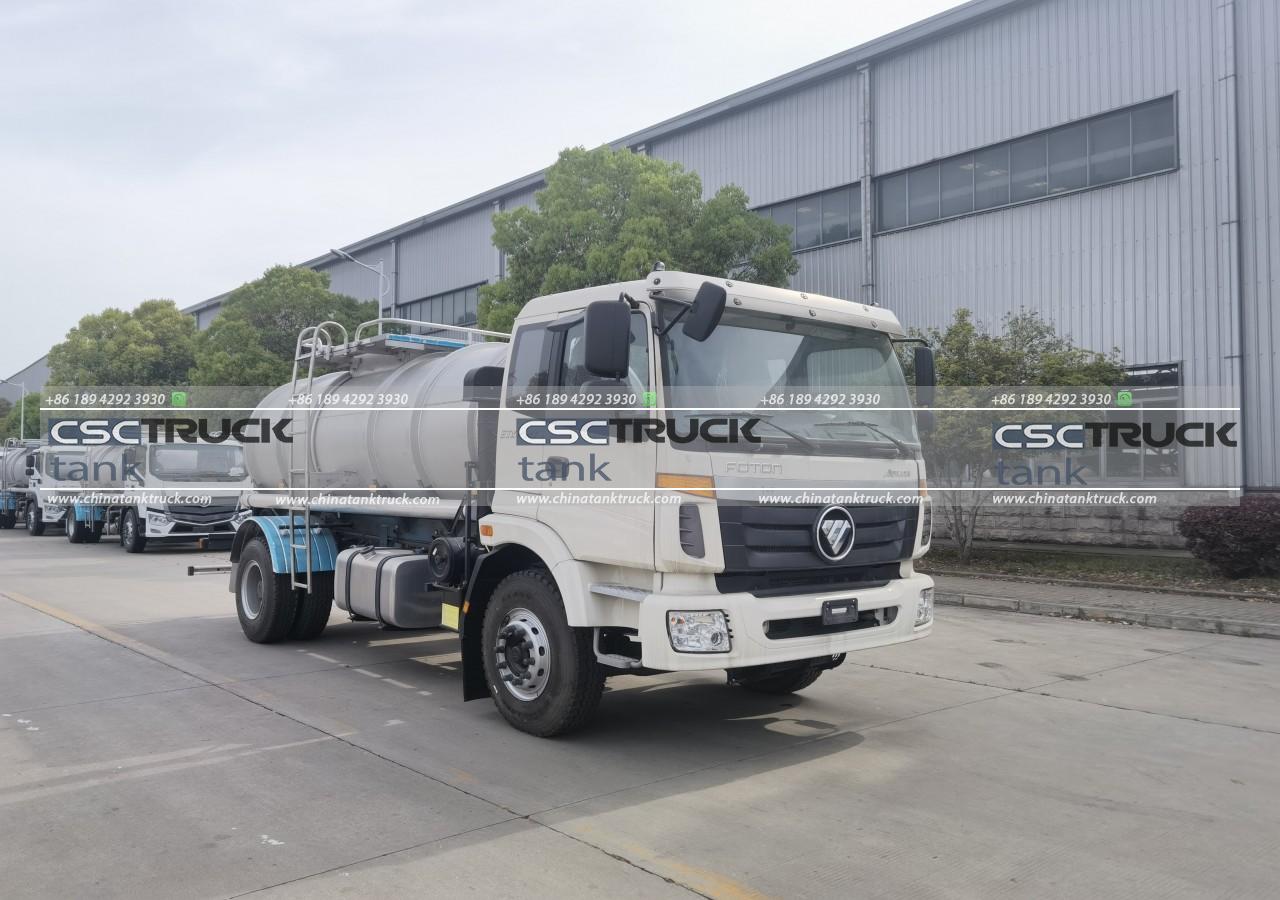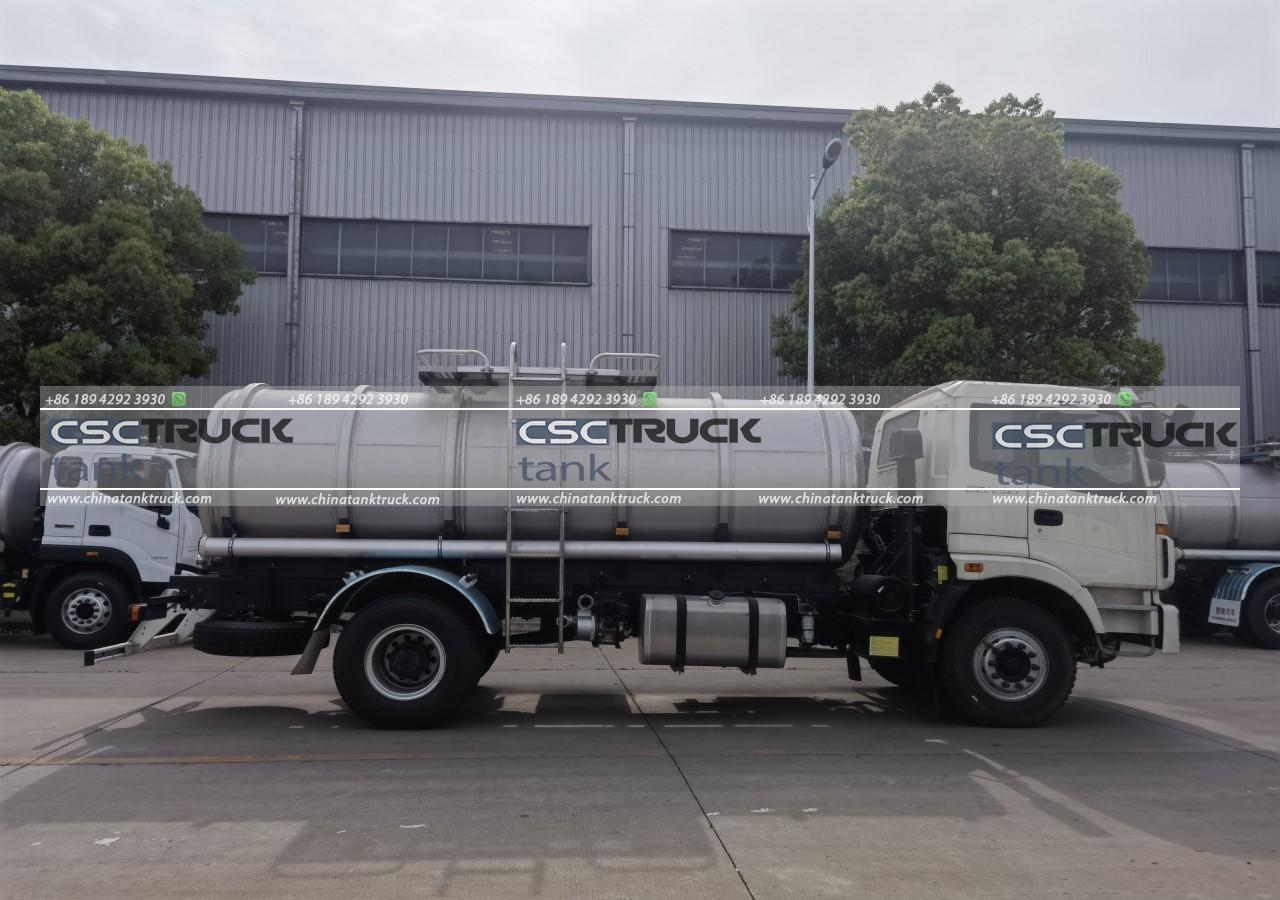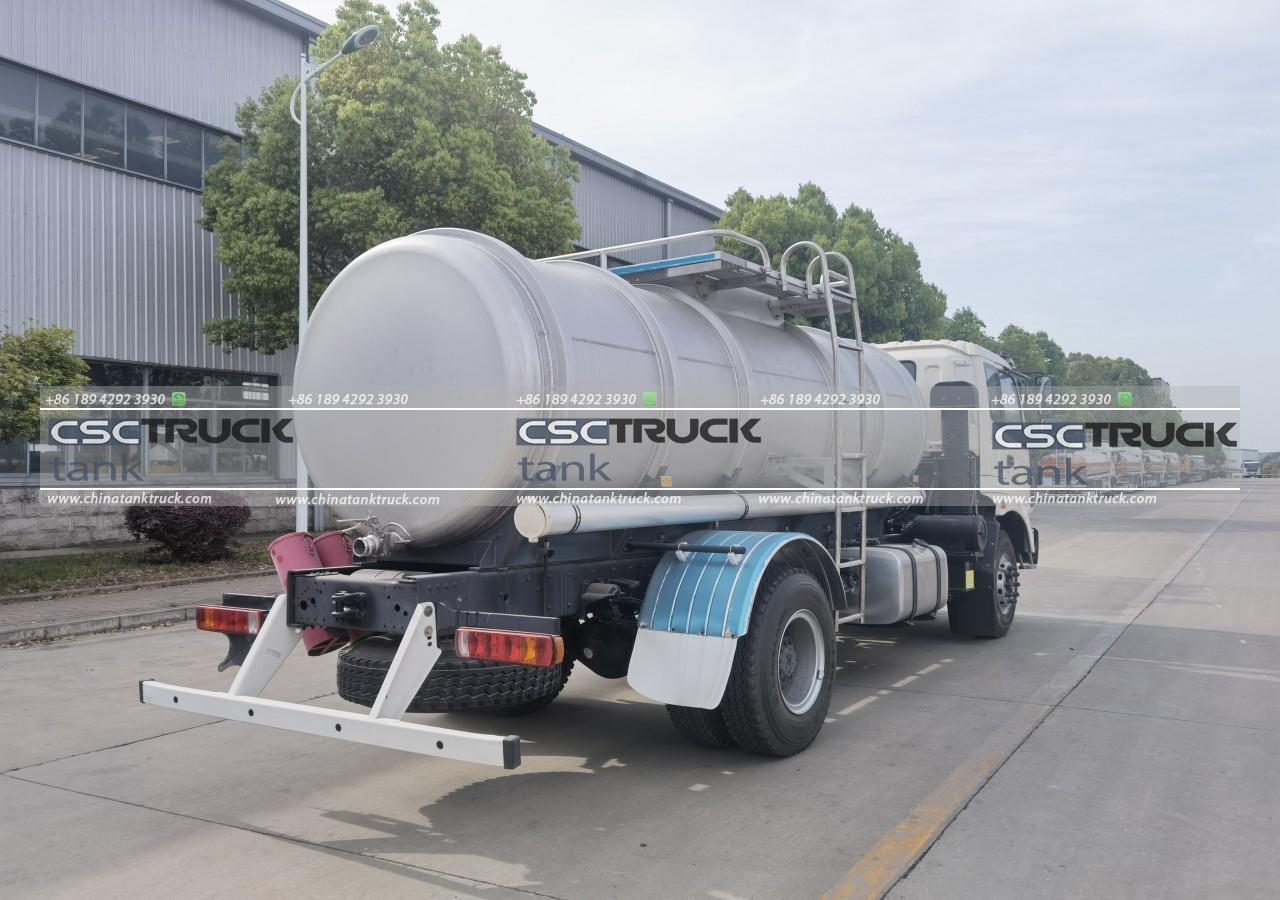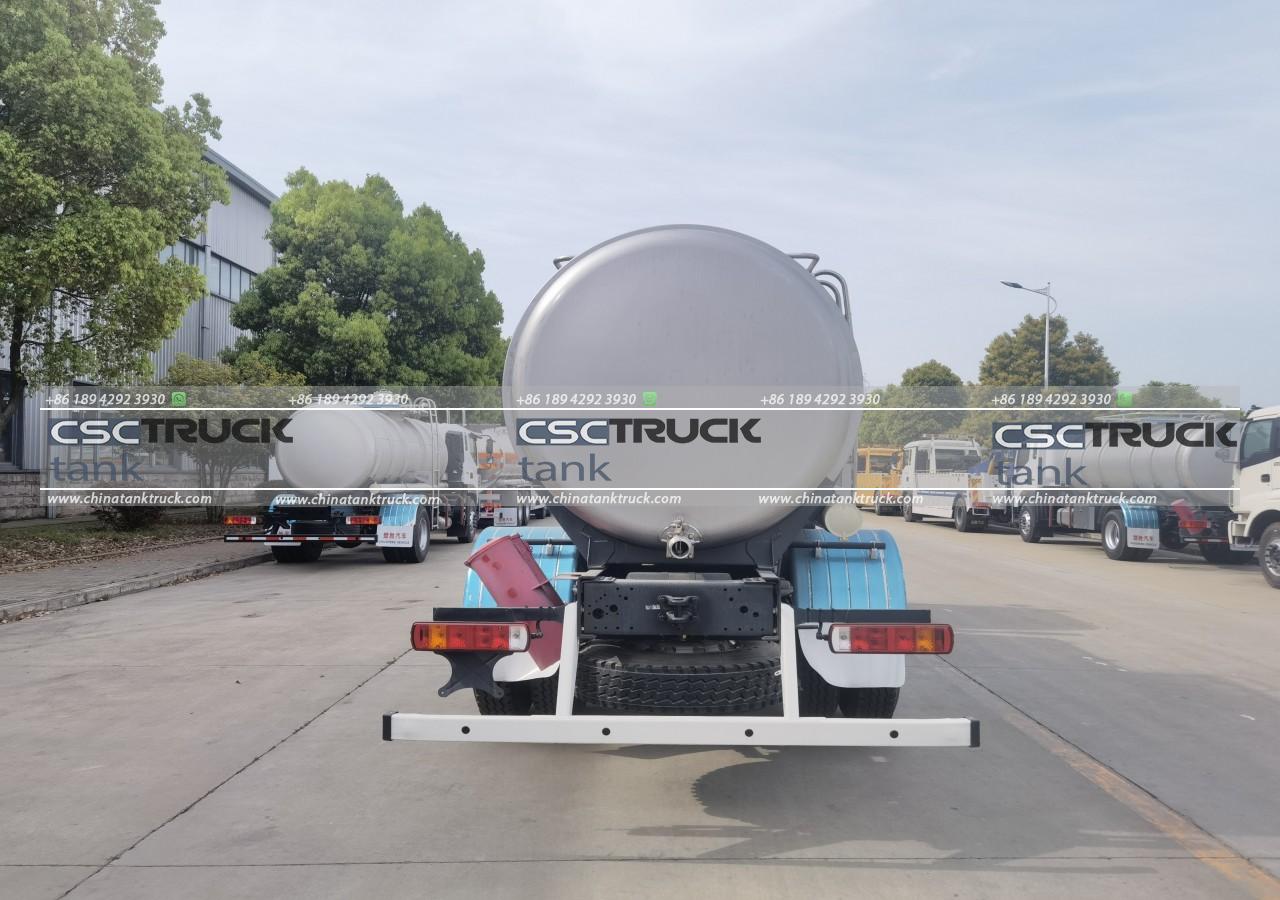What Do Tanker Trucks Carry?
Tanker trucks are a ubiquitous feature of modern transportation infrastructure, but their role and the variety of goods they transport might not be fully appreciated by many. These specialized vehicles are designed to carry liquids and gases, making them vital to various industries and daily life. Understanding what tanker trucks carry and their importance can provide insight into the complexities of logistics and the essential nature of these vehicles in our economy.
Types of Tanker Trucks
Tanker trucks come in various configurations, each tailored to specific types of cargo. The most common types include:
1. Liquid Tankers: These are designed to carry liquid goods such as fuels, chemicals, and food products. They are equipped with a cylindrical tank, often made from steel or aluminum, which is mounted on a truck chassis.
2. Chemical Tankers: Specialized for carrying hazardous chemicals, these tankers are constructed from materials resistant to corrosion and other chemical reactions. They often feature advanced safety systems to handle the risks associated with their cargo.
3. Food-Grade Tankers: Used to transport consumable liquids like milk, juice, and cooking oils, food-grade tankers are constructed with stainless steel and meet stringent hygiene standards to ensure the safety and quality of the food products.
4. Gas Tankers: These tankers carry gases such as propane, butane, and other liquefied gases. They are equipped with pressurized tanks and safety systems to manage the high pressure and flammability of the gases.

Common Cargoes Transported by Tanker Trucks
1. Fuels
One of the most recognizable uses of tanker trucks is the transportation of fuels. Fuel tankers are seen frequently on highways, delivering gasoline, diesel, and jet fuel to gas stations and airports. These tankers are designed with multiple compartments to transport different types of fuels separately, reducing the risk of cross-contamination and allowing for more efficient logistics.
The safety of fuel tankers is paramount due to the flammable nature of their cargo. These trucks are equipped with various safety features, including explosion-proof valves and anti-static systems, to minimize the risk of accidents. Additionally, fuel tankers must comply with strict regulations and guidelines set by organizations such as the Department of Transportation (DOT) and the Environmental Protection Agency (EPA) in the United States.
2. Chemicals
Chemical tankers transport a wide range of substances used in industries from manufacturing to agriculture. These chemicals can be highly corrosive, toxic, or otherwise hazardous, necessitating specialized handling and storage. The tanks in chemical tankers are constructed from materials like fiberglass or stainless steel to withstand the corrosive nature of many chemicals.
The transport of chemicals requires rigorous adherence to safety protocols. Chemical tankers are often equipped with secondary containment systems to prevent spills and leaks, and drivers must be trained in handling hazardous materials. Regulatory agencies, such as the Occupational Safety and Health Administration (OSHA) and the Environmental Protection Agency (EPA), enforce strict guidelines to ensure safety during the transportation of chemicals.

3. Food and Beverages
Food-grade tankers are crucial in transporting liquid food products from production facilities to processing plants and distribution centers. These tankers are designed to meet high standards of cleanliness and hygiene to ensure that food products remain uncontaminated. Stainless steel is commonly used for these tankers due to its non-reactive properties and ease of cleaning.
Milk tankers, for example, must maintain the product at a specific temperature to prevent spoilage. Similarly, tankers transporting juices and other beverages must ensure that the products are kept in optimal conditions. The food-grade tankers must also be thoroughly cleaned between loads to prevent cross-contamination.
4. Liquefied Gases
Liquefied gas tankers are used to transport gases like propane, butane, and ammonia, which are stored in liquid form under pressure. These tankers are designed with specialized pressurized tanks that can safely contain gases at high pressures and low temperatures.
Safety is a top priority for gas tankers due to the flammable and sometimes toxic nature of the gases they carry. These tankers are equipped with multiple safety features, including pressure relief valves and advanced monitoring systems to detect and respond to any leaks or malfunctions.

Importance of Tanker Trucks
Tanker trucks play a critical role in the economy and daily life by enabling the efficient and safe transportation of essential commodities. Without them, industries would struggle to operate, and many everyday products would be in short supply. For instance:
– Energy Sector: Fuel tankers are vital for the energy sector, ensuring a steady supply of gasoline, diesel, and other fuels necessary for transportation, heating, and power generation.
– Chemical Industry: Chemical tankers support a range of industries, from pharmaceuticals to agriculture, by transporting the raw materials needed for production and processing.
– Food Industry: Food-grade tankers are essential for maintaining the supply chain of liquid food products, ensuring that consumers have access to fresh and safe products.
– Gas Industry: Liquefied gas tankers facilitate the distribution of gases used in heating, cooking, and industrial applications, contributing to energy security and efficiency.
Challenges and Innovations
Tanker trucks face several challenges, including safety risks, environmental concerns, and the need for regulatory compliance. However, advancements in technology and design are continually addressing these issues. For example:
– Safety Enhancements: New technologies, such as advanced driver-assistance systems (ADAS) and improved tank construction materials, are helping to enhance safety.
– Environmental Concerns: Innovations in fuel efficiency and emissions control are reducing the environmental impact of tanker trucks. Additionally, there is growing interest in alternative fuels and electric tanker trucks to further minimize the carbon footprint.
– Regulatory Compliance: Ongoing updates to regulations ensure that tanker trucks meet the highest standards of safety and environmental protection.

Conclusion
Tanker trucks are a cornerstone of the transportation industry, facilitating the movement of essential liquids and gases across various sectors. From fuels and chemicals to food products and gases, these specialized vehicles ensure that critical supplies reach their destinations safely and efficiently. As technology and regulations continue to evolve, tanker trucks will remain integral to our daily lives and economic systems, adapting to new challenges and innovations in the process. Understanding the diverse roles and importance of tanker trucks can provide a greater appreciation for the complexity of logistics and the vital functions these vehicles perform.

